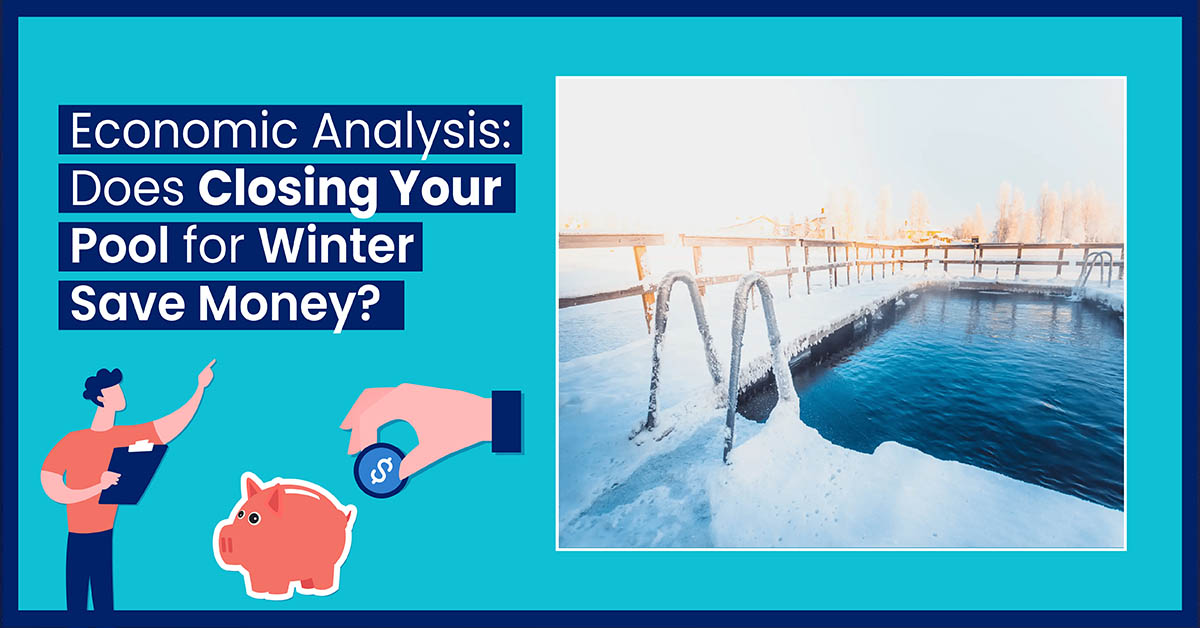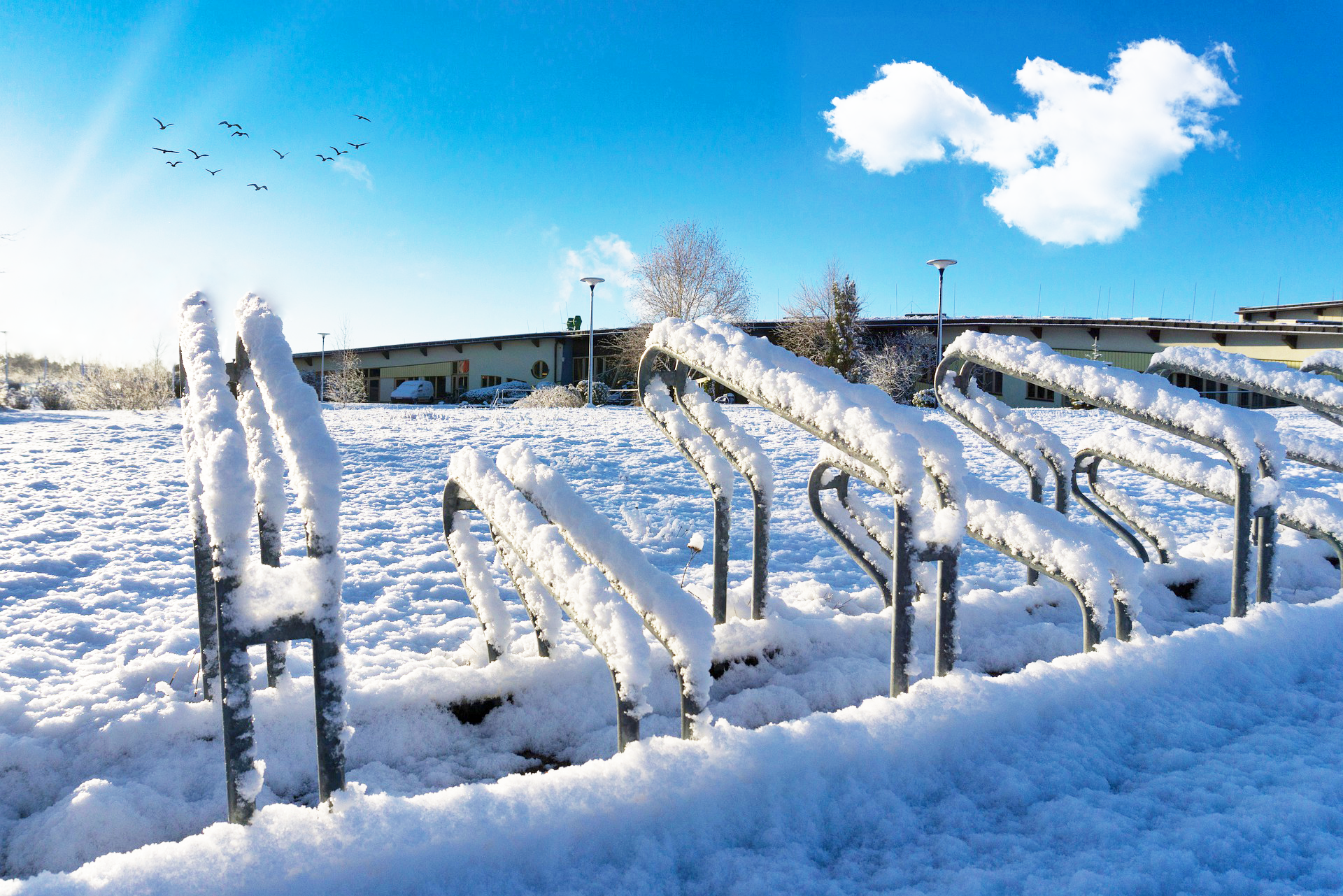As winter approaches, pool owners are faced with a key decision: whether to close their pool for the season or keep it running year-round. While covering your pool seems like the obvious way to save money during the colder months, a detailed economic analysis reveals some surprising insights. This article explores the cost-benefit of closing your pool for the winter, how using a winter pool cover factors into the equation, and the best ways to save money while maintaining your pool’s longevity.
The Cost of Keeping Your Pool Open in Winter
Operating a pool throughout the winter months can incur substantial expenses, including heating, electricity, chemical treatments, and routine maintenance. Here’s a breakdown of potential costs:
- Heating Costs: Heating an outdoor pool during the winter can be incredibly expensive. Depending on your climate and pool size, energy bills may skyrocket. Even with a heater, pools in colder climates are hard to maintain at a swim-ready temperature.
- Energy Consumption: Keeping the pool pump and filtration systems running adds a constant drain on electricity. Pool pumps often run 6-12 hours a day, and during winter, need to work harder to prevent freezing or ensure adequate filtration.
- Chemical Maintenance: Open pools require continuous water treatment to maintain pH balance, prevent algae growth, and manage sanitation. Lower temperatures can reduce algae growth, but chemical use is still necessary for ensuring safety and cleanliness.
When you add these costs up over several months, it becomes clear that maintaining a pool throughout the winter is not a cost-efficient solution for most homeowners.
The Benefits of Closing Your Pool for Winter
On the flip side, closing your pool for winter involves initial costs for preparation, but substantial savings over the long term. Here’s how closing your pool can help you save money:
- Reduced Energy Costs: One of the biggest savings comes from eliminating heating and electrical costs. Once your pool is closed, your pump and heater can be turned off, slashing your energy bills.
- Less Chemical Use: Closed pools don’t require regular chemical treatments. Once properly winterized, your pool won’t need the usual chlorine and other treatments to maintain water balance.
- Maintenance Savings: Winterizing your pool and using a winter pool cover significantly reduces the risk of damage from freezing temperatures and debris. This means fewer repairs and lower maintenance costs come springtime.
Winter Pool Covers: A Key Element in Cost Savings
The use of a winter pool cover can further reduce costs by protecting your pool from the elements. Not only does it prevent debris from entering the pool, but it also reduces evaporation, helps retain heat, and prevents the need for constant cleaning and chemical use. There are several types of covers available, each providing varying levels of insulation and protection:
- Solid Pool Covers: These are the most effective in preventing evaporation and keeping debris out. They are durable and offer excellent protection from the harsh elements.
- Mesh Covers: While not as airtight as solid covers, mesh covers are easier to handle and still provide good protection from debris. However, they allow some water to pass through, which might require additional attention when opening the pool in the spring.
- Safety Covers: Designed to prevent accidents, these covers also offer good protection from debris and evaporation, contributing to long-term cost savings.
Economic Analysis: Long-Term vs. Short-Term Savings
While there are upfront costs associated with closing a pool, such as purchasing a winter pool cover and hiring professionals for proper winterization,the long-term savings can far outweigh these expenses. On average, closing your pool can save hundreds of dollars over the winter season by eliminating energy and chemical costs.
However, homeowners should also weigh other factors like climate, the size of the pool, and personal preferences. In warmer climates, where winter temperatures remain mild, the cost of keeping the pool open may be less significant, making it a more viable option.
Best Way to Save Money When Closing Your Pool
- Proper Winterization: Ensuring your pool is correctly winterized is essential to saving money in the long run. Failing to properly prepare your pool can lead to costly repairs, such as cracked tiles or damaged pipes from freezing water.
- Invest in a Quality Pool Cover: While there are cheaper pool covers on the market, investing in a high-quality winter pool cover will save you money in the long run by protecting your pool from damage and reducing the need for extra cleaning and repairs.
- DIY vs. Professional Services: Depending on your expertise, you might opt for a DIY approach to winterizing your pool. However, hiring professionals can ensure that the pool is thoroughly prepared for winter and reduce the risk of expensive damage.
Is Closing Your Pool the Best Financial Move?
Whether closing your pool for winter saves money largely depends on your specific situation. For most pool owners in colder climates, the savings from reduced energy and maintenance costs far outweigh the upfront expenses of winterizing and covering the pool. Using a winter pool cover is a key factor in maximizing these savings, as it offers protection and reduces maintenance needs.
In the end, an economic analysis of your pool’s winter operations will likely reveal that closing your pool is the most cost-effective strategy, particularly when you incorporate the long-term benefits of reducing wear and tear on your pool equipment and infrastructure.





